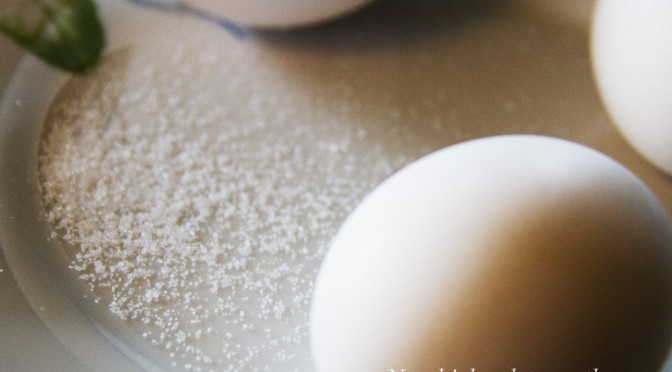Writing about nutrition is a somewhat intimidating endeavor. What is considered healthy seems to change so much it can be hard to keep up with what is current. I have always been a proponent of working with your trainer and your doctor together in coming up with any kind of modified meal plan.
Having been over a decade since I was in a nutrition class the study after study that has come fourth since constantly alters what we think about nutrition. I remember as a teenager giving my father a hard time about putting salt on his breakfast. His response was that in a few years they will say that salt is good for you. Well not too long ago I remember reading a new study suggesting that while adding salt to you diet is still not recommended. For an the average healthy adult our recommended intake may need to be rethought, and consuming more salt then the current recommended limits may be just fine for the average healthy individual not suffering from anything like hypertension.
Lewis Blacks great stand up illustrated this point quite well when he stated to his audience about the lack of knowledge of the so called experts… “is milk good or bad” to which the audience did not respond “I rest my case” he replied. Are Eggs good or bad? there is a question I have been wondering myself. Certainly they are nutritional powerhouses, full of vitamins as well as a very complete protein source in the yoke. But people still wonder about the potential cholesterol, and so do you limit eggs to the less complete but still protein rich egg white? If not how often can you eat eggs?
I have watched over the years as studies have recommended eggs can be eaten no more that once a week, then once a day, then multiple times per day, back to once or twice a week. And now I am reading articles questioning what we know of cholesterol intake and its effects. It can all be fairly overwhelming.
I don’t really have an answer for these questions, can you safely eats eggs every day if you are healthy? Probably, should you cover those eggs in salt before consuming them? No. I just try to take any studies with a grain of… um well you know. They are helpful in furthering our understanding of health and nutrition, just don’t be surprised if in a few years a new study says something a little different.



